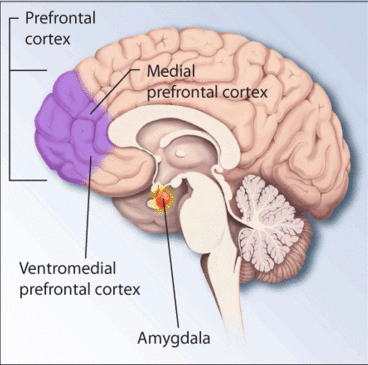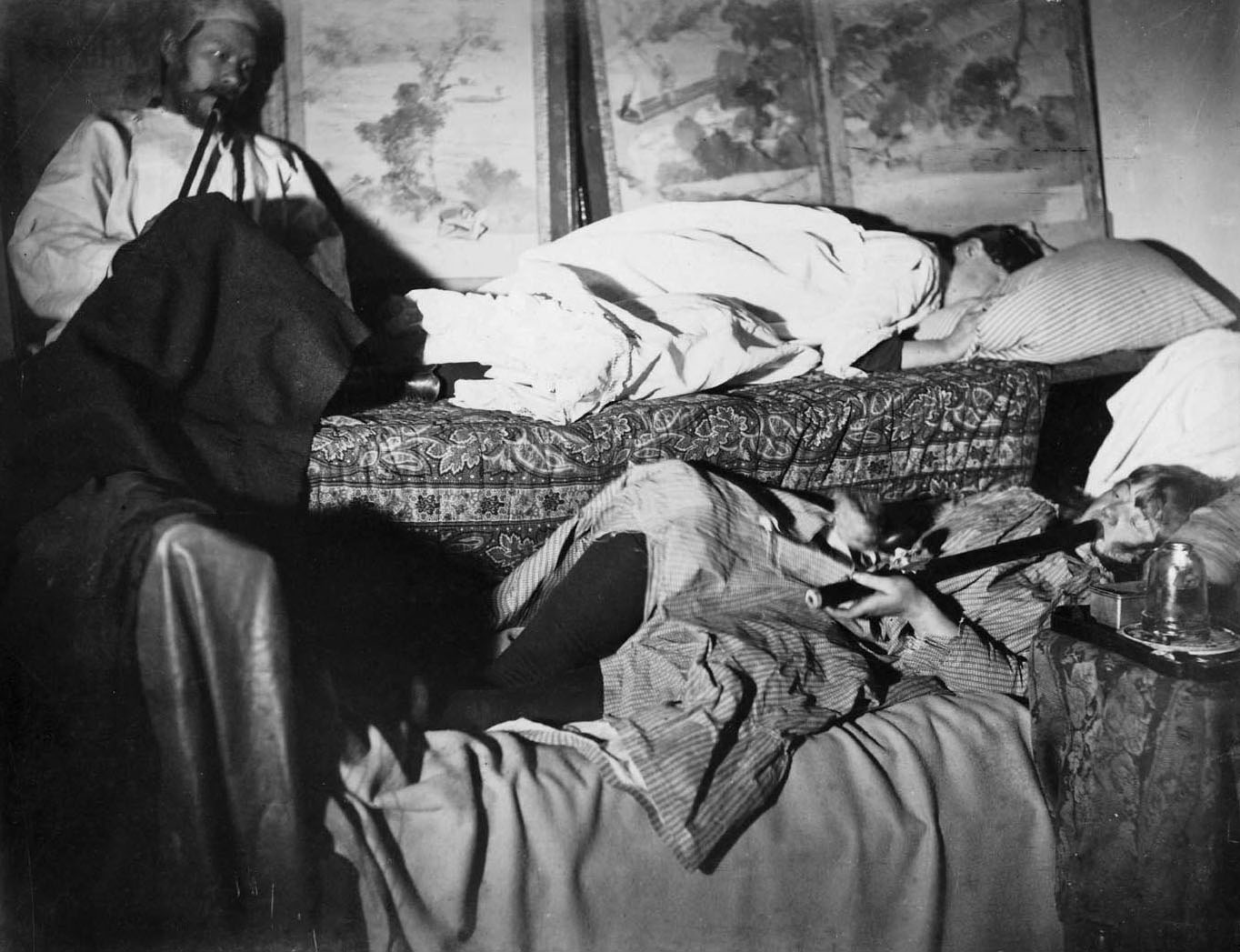|
Mode Deactivation Therapy
Mode deactivation therapy (MDT) is a psychotherapeutic approach that addresses dysfunctional emotions, maladaptive behaviors and cognitive processes and contents through a number of goal-oriented, explicit systematic procedures. The name refers to the process of mode deactivation that is based on the concept of cognitive modes as introduced by Aaron T. Beck. The MDT methodology was developed by Jack A. Apsche by combining the unique validation–clarification–redirection process step with elements from acceptance and commitment therapy, dialectical behavior therapy, and mindfulness to bring about durable behavior change. Theory Mode deactivation therapy (MDT) was developed by Jack A. Apsche who recognized shortcomings of cognitive theory and cognitive-behavioral therapies, especially for the treatment of populations with complex psychological problems. cognitive behavioral therapy (CBT) was primarily conceptualized through an integration of behavior therapy with cognitive psy ... [...More Info...] [...Related Items...] OR: [Wikipedia] [Google] [Baidu] |
Psychotherapy
Psychotherapy (also psychological therapy, talk therapy, or talking therapy) is the use of Psychology, psychological methods, particularly when based on regular Conversation, personal interaction, to help a person change behavior, increase happiness, and overcome problems. Psychotherapy aims to improve an individual's well-being and mental health, to resolve or mitigate troublesome behaviors, beliefs, compulsions, thoughts, or emotions, and to improve relationships and social skills. Numerous types of psychotherapy have been designed either for individual adults, families, or children and adolescents. Some types of psychotherapy are considered evidence-based for treating diagnosed mental disorders; other types have been criticized as pseudoscience. There are hundreds of psychotherapy techniques, some being minor variations; others are based on very different conceptions of psychology. Most approaches involve one-to-one sessions, between the client and therapist, but some are c ... [...More Info...] [...Related Items...] OR: [Wikipedia] [Google] [Baidu] |
Dialectical Behavior Therapy
Dialectical behavior therapy (DBT) is an evidence-based psychotherapy that began with efforts to treat personality disorders and interpersonal conflicts. Evidence suggests that DBT can be useful in treating mood disorders and suicidal ideation as well as for changing behavioral patterns such as self-harm and substance use. DBT evolved into a process in which the therapist and client work with acceptance and change-oriented strategies and ultimately balance and synthesize them—comparable to the philosophical dialectical process of thesis and antithesis, followed by synthesis. This approach was developed by Marsha M. Linehan, a psychology researcher at the University of Washington. She defines it as "a synthesis or integration of opposites". DBT was designed to help people increase their emotional and cognitive regulation by learning about the triggers that lead to reactive states and by helping to assess which coping skills to apply in the sequence of events, thoughts, fe ... [...More Info...] [...Related Items...] OR: [Wikipedia] [Google] [Baidu] |
Joan Swart
Joan Swart (born 28 September 1965) is a South African psychologist, author, politician, and researcher who is currently serving as the chief of staff of the Referendum Party (RP). She is an exco member of the Cape Independence Advocacy Group (CIAG) and is a project manager at the Association for Coaching. Swart has a doctorate of psychology (Psy.D) in Forensic Psychology from the Eisner Institute for Professional Studies in Encino, CA. She also holds a Masters of Business Administration (MBA) and a Masters in Military Studies at the American Military University. In the 2024 South African general election, Swart was the 4th closed-list parliamentary candidate for the Referendum Party. Background and education Swart was born in Vereeniging, South Africa and completed her school education at Handhaaf Primary School and Brandwag High School where she matriculated with six distinctions. She completed a BSc. (Chem. Eng.) degree at Stellenbosch University before working for v ... [...More Info...] [...Related Items...] OR: [Wikipedia] [Google] [Baidu] |
State-Trait Anxiety Inventory
The State-Trait Anxiety Inventory (STAI) is a psychological inventory consisting of 40 self-report items on a 4-point Likert scale. The STAI measures two types of anxiety – state anxiety and trait anxiety. Higher scores are positively correlated with higher levels of anxiety. Its most current revision is Form Y and it is offered in more than 40 languages. The STAI was developed by psychologists Charles Spielberger, R.L. Gorsuch, and R.E. Lushene. Their goal in creating the inventory was to create a set of questions that could be applied towards differentiating between the temporary condition of "state anxiety" and the more general and long-standing quality of "trait anxiety." This was a new development because all other questionnaires focused on one type of anxiety at the time. Spielberger also created other self-report state-trait scales purported to measure various other emotions and dispositions. These include the State-Trait Anger Scale (STAS) and the State-Trait Anger ... [...More Info...] [...Related Items...] OR: [Wikipedia] [Google] [Baidu] |
Child Behavior Checklist
The Child Behavior Checklist (CBCL) is a widely used caregiver report form identifying problem behavior in children.Achenbach, T.M., & Rescorla, L. A. (2001). ''Manual for the ASEBA School-Age Forms and Profiles.'' Burlington, VT: University of Vermont, Research Center for Children, Youth, and Families. It is widely used in both research and clinical practice with youths. It has been translated into more than 90 languages, and normative data are available integrating information from multiple societies. Because a core set of the items have been included in every version of the CBCL since the 1980s, it provides a meter stick for measuring whether amounts of behavior problems have changed over time or across societies. This is a helpful complement to other approaches for looking at rates of mental-health issues, as the definitions of disorders have changed repeatedly over the same time frame. It is a component in the Achenbach System of Empirically Based Assessment developed by Th ... [...More Info...] [...Related Items...] OR: [Wikipedia] [Google] [Baidu] |
Child Abuse
Child abuse (also called child endangerment or child maltreatment) is physical abuse, physical, child sexual abuse, sexual, emotional and/or psychological abuse, psychological maltreatment or Child neglect, neglect of a child, especially by a parent or a caregiver. Child abuse may include any act or Negligence, failure to act by a parent or a caregiver that results in actual or potential wrongful harm to a child and can occur in a child's home, or in organizations, schools, or communities the child interacts with. Different jurisdictions have different requirements for mandatory reporting and have developed different definitions of what constitutes child abuse, and therefore have different criteria to remove children from their families or to prosecute a criminal charge. History As late as the 19th century, cruelty to children, perpetrated by employers and teachers, was commonplace and widespread, and corporal punishment was customary in many countries, but in the first half of ... [...More Info...] [...Related Items...] OR: [Wikipedia] [Google] [Baidu] |
Aggression
Aggression is behavior aimed at opposing or attacking something or someone. Though often done with the intent to cause harm, some might channel it into creative and practical outlets. It may occur either reactively or without provocation. In humans, aggression can be caused by various triggers. For example, built-up frustration due to blocked goals or perceived disrespect. Human aggression can be classified into direct and indirect aggression; while the former is characterized by physical or verbal behavior intended to cause harm to someone, the latter is characterized by behavior intended to harm the social relations of an individual or group. In definitions commonly used in the social sciences and behavioral sciences, aggression is an action or response by an individual that delivers something unpleasant to another person. Some definitions include that the individual must intend to harm another person. In an interdisciplinary perspective, aggression is regarded as "an ensem ... [...More Info...] [...Related Items...] OR: [Wikipedia] [Google] [Baidu] |
Mood Disorder
A mood disorder, also known as an affective disorder, is any of a group of conditions of mental and behavioral disorder where the main underlying characteristic is a disturbance in the person's mood. The classification is in the ''Diagnostic and Statistical Manual of Mental Disorders'' (DSM) and International Classification of Diseases (ICD). Mood disorders fall into seven groups, including; abnormally elevated mood, such as mania or hypomania; depressed mood, of which the best-known and most researched is major depressive disorder (MDD) (alternatively known as clinical depression, unipolar depression, or major depression); and moods which cycle between mania and depression, known as bipolar disorder (BD) (formerly known as manic depression). There are several subtypes of depressive disorders or psychiatric syndromes featuring less severe symptoms such as dysthymic disorder (similar to MDD, but longer lasting and more persistent, though often milder) and cyclothymic disorde ... [...More Info...] [...Related Items...] OR: [Wikipedia] [Google] [Baidu] |
Posttraumatic Stress Disorder
Post-traumatic stress disorder (PTSD) is a mental disorder that develops from experiencing a Psychological trauma, traumatic event, such as sexual assault, domestic violence, child abuse, warfare and its associated traumas, natural disaster, traffic collision, or other threats on a person's life or well-being. Symptoms may include disturbing thoughts, feelings, or dreams related to the events, mental or physical distress (medicine), distress to Psychological trauma, trauma-related cues, attempts to avoid trauma-related cues, alterations in the way a person thinks and feels, and an increase in the fight-or-flight response. These symptoms last for more than a month after the event and can include triggers such as misophonia. Young children are less likely to show distress, but instead may express their memories through play (activity), play. Most people who experience traumatic events do not develop PTSD. People who experience interpersonal violence such as rape, other sexual ... [...More Info...] [...Related Items...] OR: [Wikipedia] [Google] [Baidu] |
Personality Disorder
Personality disorders (PD) are a class of mental health conditions characterized by enduring maladaptive patterns of behavior, cognition, and inner experience, exhibited across many contexts and deviating from those accepted by the culture. These patterns develop early, are inflexible, and are associated with significant distress or disability. The definitions vary by source and remain a matter of controversy. Official criteria for diagnosing personality disorders are listed in the sixth chapter of the ''International Classification of Diseases'' (ICD) and in the American Psychiatric Association's ''Diagnostic and Statistical Manual of Mental Disorders'' (DSM). Personality, defined psychologically, is the set of enduring behavioral and mental traits that distinguish individual humans. Hence, personality disorders are characterized by experiences and behaviors that deviate from social norms and expectations. Those diagnosed with a personality disorder may experience difficulti ... [...More Info...] [...Related Items...] OR: [Wikipedia] [Google] [Baidu] |
Substance Use Disorder
Substance use disorder (SUD) is the persistent use of drugs despite substantial harm and adverse consequences to self and others. Related terms include ''substance use problems'' and ''problematic drug or alcohol use''. Along with substance-induced disorders (SID) they are encompassed in the category substance-related disorders. Substance use disorders vary with regard to the average age of onset. It is not uncommon for those who have SUD to also have other mental health disorders. Substance use disorders are characterized by an array of mental, emotional, physical, and behavioral problems such as chronic guilt; an inability to reduce or stop consuming the substance(s) despite repeated attempts; operating vehicles while intoxicated; and physiological withdrawal symptoms. Drug classes that are commonly involved in SUD include: alcohol (alcoholism); cannabis; opioids; stimulants such as nicotine (including tobacco), cocaine and amphetamines; benzodiazepines; barbiturates; a ... [...More Info...] [...Related Items...] OR: [Wikipedia] [Google] [Baidu] |
Oppositional Defiant Disorder
Oppositional defiant disorder (ODD) is listed in the DSM-5 under ''Disruptive, impulse-control, and conduct disorders'' and defined as "a pattern of angry/irritable mood, argumentative/defiant behavior, or vindictiveness." This behavior is usually targeted toward peers, parents, teachers, and other authority figures, including law enforcement officials. Unlike Conduct Disorder (CD), those with ODD do not generally show patterns of aggression towards random people, violence against animals, destruction of property, theft, or deceit. One-half of children with ODD also fulfill the diagnostic criteria for ADHD.Golubchik, Pavel, Shalev, Lilach, Tsamir, Dina, Manor, Iris, Weizman, Abraham. "High pretreatment cognitive impulsivity predicts response of oppositional symptoms to methylphenidate in patients with attention-deficit hyperactivity disorder/oppositional defiant disorder". ''International Clinical Psychopharmacology''. 2019;34(3):138–142. . History Oppositional Defiant D ... [...More Info...] [...Related Items...] OR: [Wikipedia] [Google] [Baidu] |





